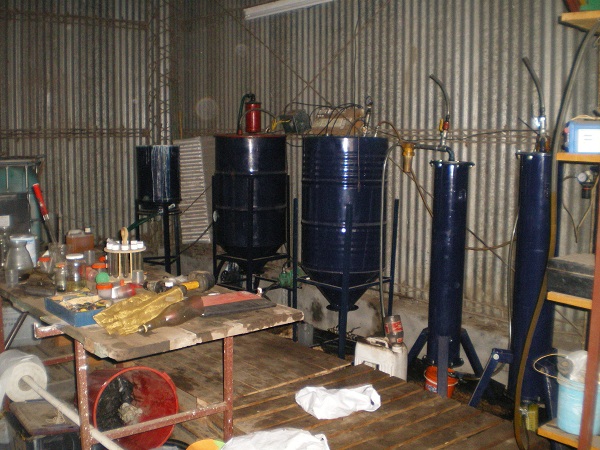Pronghorns making a comeback in Mexico, pterosaurs in Brazil, and praying for dryland in Panama.
ARGENTINA Argentina’s National University of Río Cuarto has developed an inoculant that hopes to improve sunflower growth under drought conditions. The technology consists of strains of the soil bacteria Bacillus pumilus (SF3 and SF4) and the endophytic (living in the plant) bacteria Achromobacter xylosoxidans (SF2) isolated from sunflowers under drought conditions. After fermenting these bacteria … Continue reading Pronghorns making a comeback in Mexico, pterosaurs in Brazil, and praying for dryland in Panama.

